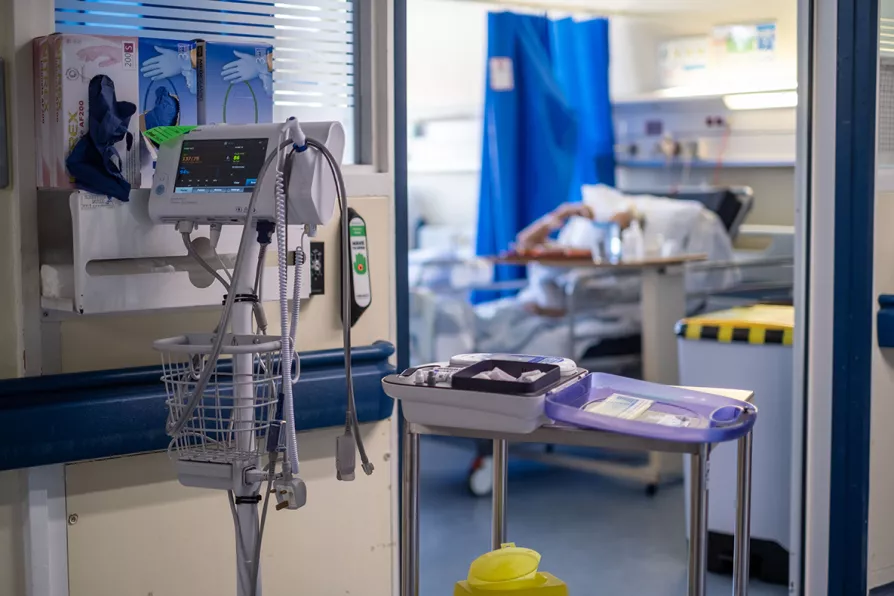
 A general view of medical equipment on a NHS hospital ward at Ealing Hospital in London
A general view of medical equipment on a NHS hospital ward at Ealing Hospital in London
CHILDREN from poorer backgrounds and ethnic minorities are less likely to be added to the kidney transplant waiting list than their wealthier and white peers, according to a new analysis.
Researchers from the University of Bristol analysed transplant data from 1996 to 2020, finding major disparities in transplant consideration.
There are currently 137 children aged 17 and under on the kidney transplant waiting list in Britain.
The analysis found that children from the most deprived backgrounds are 33 per cent less likely to be listed, while black children are 19 per cent less likely than white children.
Gender disparities were also found, with girls 12 per cent less likely than boys.
Once children are on the waiting list, income and gender disparities appear to narrow, but black children remain less likely to receive a transplant from a living donor within two years.
Study lead author Dr Alice James said: “The persistent disadvantage faced by children from black ethnic backgrounds even after wait-listing is especially striking, suggesting systemic or cultural barriers that extend beyond access alone.
“The gender disparity in wait-listing … may reflect implicit gender biases in clinical decision-making, differences in parental advocacy, or variation in disease presentation and severity between sexes.
“There may also be social factors influencing clinicians’ assumptions about transplant suitability or family engagement in the transplantation process.
“Adult studies suggest that women are often perceived as less suitable candidates due to comorbidities or psychosocial factors — perceptions that may inadvertently extend to female children.”
Professor Derek Manas of NHS Blood and Transplant, which is responsible for allocating organs to people on the list, said the findings would help clinical teams better understand and address inequality.
He said the body does not decide which individual patients are added to the transplant waiting list.














